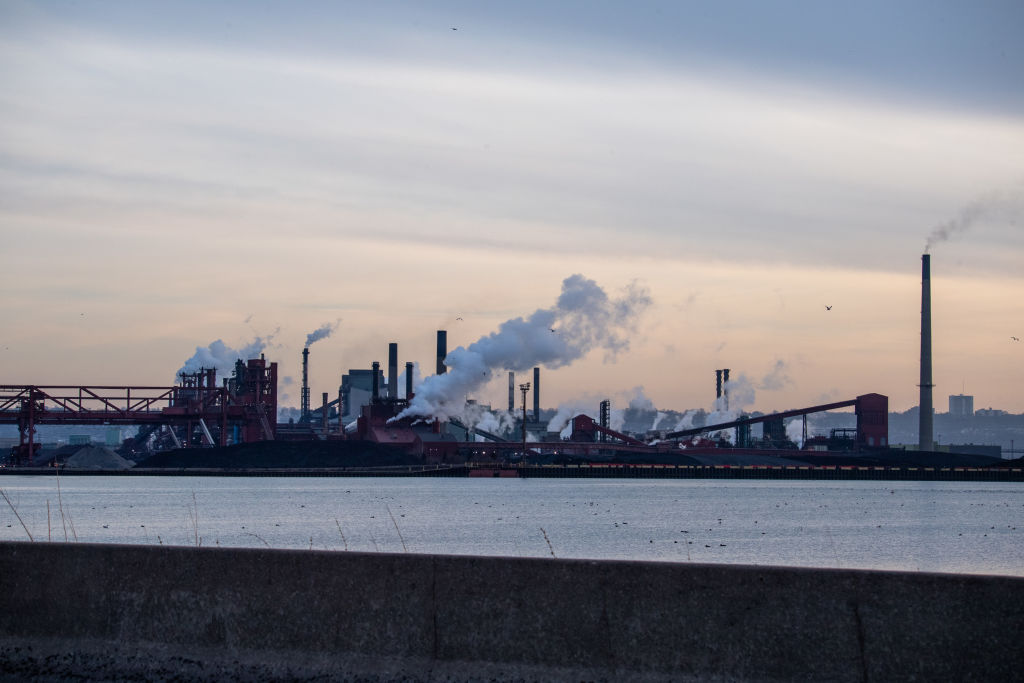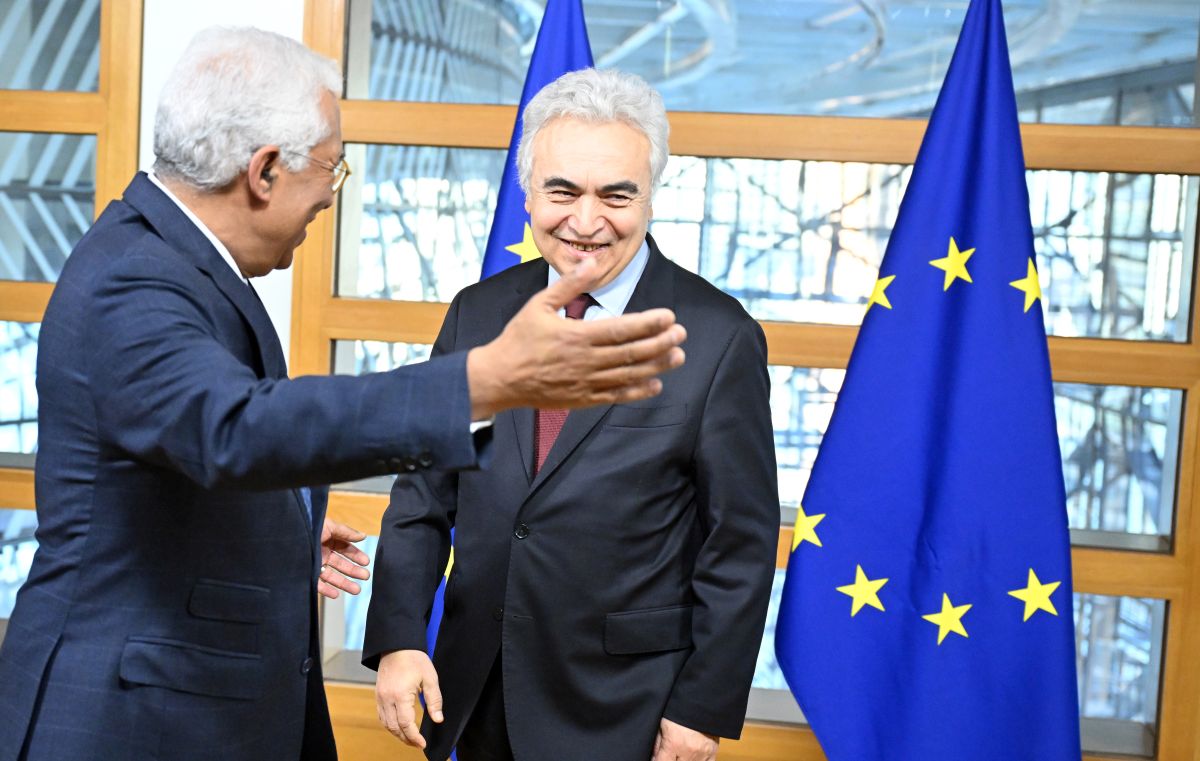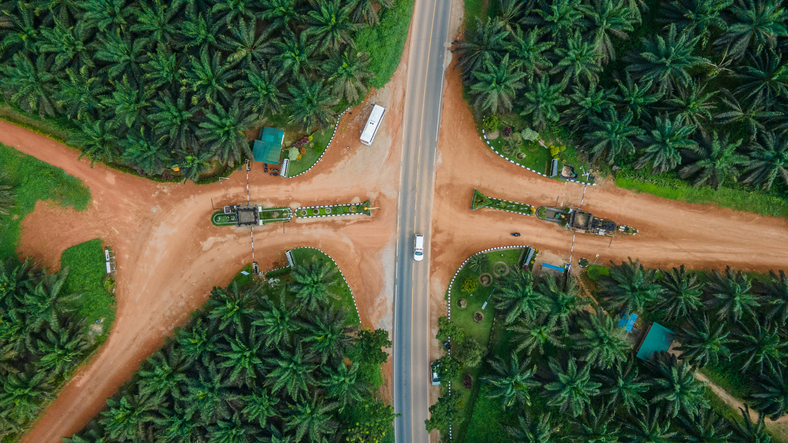Mitigating Central Asia's water crisis requires collective action, partnership with the West
Central Asia is losing 40 per cent of irrigation water and 55 per cent of drinking water to outdated systems. Climate change exacerbates the risks. How can the West invest in water security?

Over two billion people lack access to safe drinking water, while more than four billion face severe water scarcity. To address global water security challenges, immediate collective intervention is needed.
This was the key message from Kazakh President Kassym-Jomart Tokayev’s speech at the One Water Summit held in Riyadh on 3 December, co-organised with France, Saudi Arabia and the World Bank.
Highlighting water as essential for sustainable development, economic progress, and environmental preservation, Tokayev called for collective action to ensure universal access to clean water, protect water resources, build disaster resilience, and foster international cooperation.
Tokayev stressed the importance of investments in climate-resilient infrastructure, innovative irrigation systems, and technological advancements to combat pollution and stabilise water availability.
Global research partnerships
He proposed establishing a global research partnership to protect glaciers, which are vital to sustaining billions of people worldwide. Tokayev also mentioned the critical need for strengthening early warning systems to mitigate water-related disasters, which annually affect over 1.5 billion people.
Tokayev underscored water security as a moral imperative and a central pillar of the 2030 Agenda for Sustainable Development. He advocated for water-efficient agriculture and renewable energy as strategic measures to enhance economic resilience.
Kazakhstan will host a Regional Climate Conference in 2026 in partnership with the United Nations, aiming to advance global water initiatives.
Preserving lake Balkhash
Among the key initiatives presented to address critical water resource challenges at the summit was the preservation of Lake Balkhash in southeastern Kazakhstan, one of the largest lakes in Asia and the 15th largest in the world.
Kazakhstan’s Ministry of Water Resources and Irrigation signed a trilateral agreement with the French Development Agency (AFD) and the French Bureau of Geological and Mining Research (BRGM) to enhance cooperation.
The agreement includes a €1.35 million grant to the Kazakh ministry for developing a sustainable water management plan for the lake, with a comprehensive study of the lake basin conducted by the French side.
The study will inform a long-term master plan for managing the lake’s water resources until 2040. The project aims to stabilise the lake’s water levels by optimising the operation of the Qapshagai Reservoir.
Additional measures will include cleaning rivers, preventing soil and water pollution, supporting fisheries, promoting ecotourism, and establishing legal frameworks to protect the lake.
Meanwhile, efforts to revive the North Aral Sea also continue, with preparations for the second phase of a project to improve the region’s hydrology and support sustainable development in the Kyzylorda area.
Solving Central Asia’s water crisis
The water crisis along the Caspian Sea and the broader Central Asian region threatens the livelihoods of over 82 million people in the C5 nations: Kazakhstan, Kyrgyzstan, Tajikistan, Turkmenistan, and Uzbekistan.
This crisis, marked by shrinking water bodies, stems from climate change, population growth, outdated Soviet-era water infrastructure, and mismanagement.
Up to 40 per cent of irrigation water and 55 per cent of drinking water are lost during transit due to dilapidated systems while rising temperatures and glacial melting jeopardise future water availability.
According to a publication of the Atlantic Council, the West has an important role to play in solving Central Asia’s water crisis through a strategy for regional and international collaboration to address the crisis without requiring massive new investments.
The report emphasises improving water infrastructure, enhancing irrigation efficiency, and fostering interstate cooperation to buy time for developing sustainable solutions.
The Aral Sea disaster illustrates the dire consequences of mismanagement, with over 90 per cent of its waters lost since the 1960s due to river diversions for irrigation, argues the report.
Kok-Aral Dam restoration
While Kazakhstan’s Kok-Aral Dam project has achieved partial restoration, Uzbekistan’s continued water usage from cotton farming hinders further recovery. Similarly, the Caspian Sea is at risk due to reduced water inflows, desalination projects, and industrial demands.
Declining water levels threaten regional shipping routes, such as the Trans-Caspian International Transport Route (TITR), otherwise known as the Middle Corridor, essential for trade between Central Asia, China, and Europe.
The report suggests the engagement of the United States and Western countries in mitigating the crisis while strengthening ties with the region. Initiatives could include public-private partnerships, instruments in water-saving technologies, and modernising water infrastructure.
The Atlantic Council argues the US can leverage platforms like the B5+1 diplomatic framework to promote private-sector involvement in Central Asia, addressing challenges while reducing the region’s dependency on Russia and China.
Western engagement in these efforts could help stabilise the region, prevent potential conflicts over water resources, and secure a more sustainable future, concludes the report.
[Edited By Brian Maguire | Euractiv’s Advocacy Lab ]






